
Pelvic cancer consists of multiple types of cancer that can occur in the pelvic area. Many of the cancers involved in the organs, bones, muscles, tissues, etc in this area also have the potential to affect your pelvic floor.
It can be confusing to know what to look out for, and when and why to seek care from a physician, when this area is still so secretive! Learning about your pelvic floor functions is the first step.
The second step is a little bit of education about the symptoms. Then you can use your knowledge of your own anatomy to identify any areas of concern. Read on for an overview of 9 individual cancers which can affect your pelvic floor.
BLADDER CANCER
The American Cancer Society provides a wonderful set of up to date statistics regarding bladder cancer. You can find the up to date 2020 numbers right through their site. There are various types of bladder cancer, affecting mostly those over age 55. It also affects men at about 2 ½ times the rate of women.
SYMPTOMS
COLORECTAL CANCER
In the US, except for skin cancers, colorectal cancer is the third most common cancer diagnosed for any gender. Colorectal cancer is a combination of cancers, this cancer usually begins as one of the following: bowel cancer, colon cancer, anal cancer, or rectal cancer. This type of cancer often transfers to the nearby organs and develops into colorectal cancer diagnosis.
SYMPTOMS
- Development of polyps on inner lining of colon/rectum
- Blood in, or darker, stool or rectal bleeding
- Changes in or inability of bowel movements
- Feeling like you have to poop even after a bowel movement
- Cramping or abdominal pain
- Tired or weak
- Unintended weight loss
- Anemia
PROSTATE CANCER
This cancer forms in the small gland called the prostate, which is part of the male anatomy. Prostate cancer is an extremely common type of cancer. There are types of prostate cancer which grow slowly and stay confined to the prostate and cause little to no harm. However, there are also very aggressive forms of prostate cancer, so it is important to report symptoms to your provider
SYMPTOMS
- Unfortunately rarely has early stage symptoms
- Trouble urinating
- Decreased force in stream of urine
- Blood in semen
- Discomfort in pelvic area
- Bone pain
- Erectile dysfunction
TESTICULAR CANCER
The testes are located inside the scrotum. Testicular cancer affects this specific internal part of your balls. This type of cancer is rare, however it is most common in the 15 to 35 age range. It is highly treatable, but it is important to know the symptoms early on.
SYMPTOMS
- Usually affects only one testicle
- Lump or enlargement in either testicle
- A heavy feeling in balls
- Sudden collection of fluid in scrotum
- Dull ache in groin or abdomen
- Pain in testicle or scrotum
- Enlargement or tenderness of breasts
- Back pain
GYNECOLOGICAL CANCERS
There are 5 types of cancer which can affect the vagina and uterus anatomy. These are classified underneath the gynecological cancers umbrella term. Each have their own symptoms, and areas of the anatomy which are affected.
The CDC provides a super simple graphic to identify how symptoms vary between the various gynecological cancers and a great free symptom diary tracker also!
Here’s a bit more detail on these pelvic floor cancers.
CERVICAL CANCER
Cervical cancer originates in the cervix, the opening between the uterus and the vaginal canal. In the early stages this cancer may not present many symptoms. Even in later stages the symptoms are limited, so it is important to pay attention to what is not your normal patterns. Know them!
SYMPTOMS
- Abnormal bleeding or discharge from vagina
- Low back or pelvic pain
- Pain during sex
OVARIAN CANCER
Ovarian cancer originates in the ovaries or fallopian tubes, and sometimes the peritoneum, your abdominal lining. Ovarian cancer does usually present symptoms, so early intervention is your best friend!
SYMPTOMS
- Abnormal bleeding or discharge from vagina
- Pelvic pain or pressure
- Feeling full quickly or trouble eating
- Urge incontinence
- Constipation
- Bloating
- Abdominal or back pain
UTERINE CANCER
(AKA womb cancer or endometrial cancer)
Uterine cancer is any kind of cancer that originates in the uterus, or womb, as it is also sometimes referred to as womb cancer also. Endometrial cancer is a cancer specifically of the endometrial lining within the uterus, so it is a specific type of uterine cancer. Your risk for this type of cancer is greater at or after menopause.
SYMPTOMS
- Abnormal bleeding or discharge from vagina
- Pelvic pain or pressure
VAGINAL CANCER
In the early stages vaginal cancer may not present many symptoms. Both vaginal cancer and vulvar cancer below are the more rare types of cancers. Vaginal cancer in particular originates in the vaginal canal, or birth canal.
SYMPTOMS
- Abnormal bleeding or discharge from vagina
- Abnormally heavy bleeding
- Abdominal or pelvic pain
- Urge Incontinence
- Constipation
- Blood in stool or urine
- Pain during urination or sex
VULVAL CANCER
Vulvar cancer occurs on the exterior of the gentile organs, usually on the inner edge of the labia folds. It is, again, a rare form of cancer, but will usually present with symptoms. Knowing them can help with early intervention!
SYMPTOMS
- Itching, burning, or general tenderness of the vulva area
- Vulvar skin changes (rashes, warts, etc)
- Changes in vulvar skin color
- Sores, lumps, or ulcers on vulva that do not go away
- Pelvic pain
- Pain during urination or sex
Each of these 9 cancer categories have the potential to also cause pelvic floor dysfunction . Either from physical damage, treatment damage, trauma, or a combination of causes.
Some of the links on this page may be affiliate links. Laura Meihofer’s LLC is a participant in the Amazon Associates Program and others, as an affiliate advertising program designed to provide a means for sites to earn advertising fees by linking to products Laura organically uses and trusts. If you purchase a product through an affiliate link, your cost will be the same, but Laura will automatically receive a small commission. Your support is greatly appreciated and helps her spread her message!


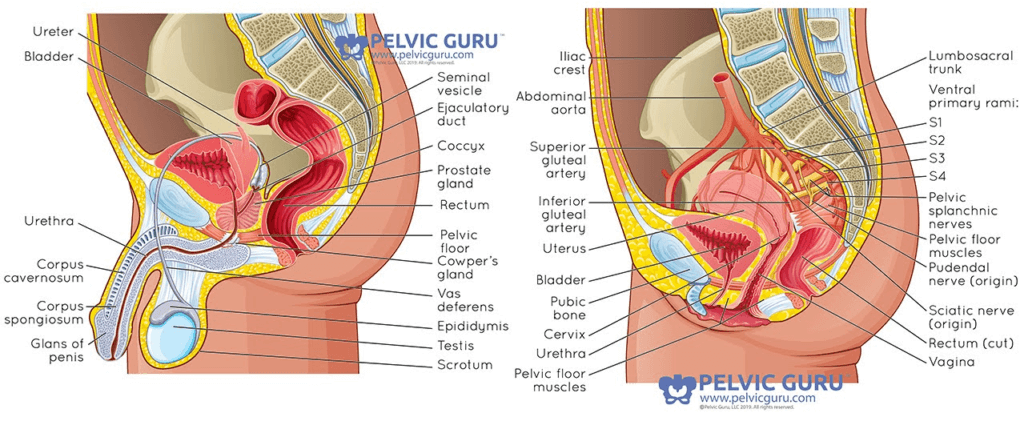
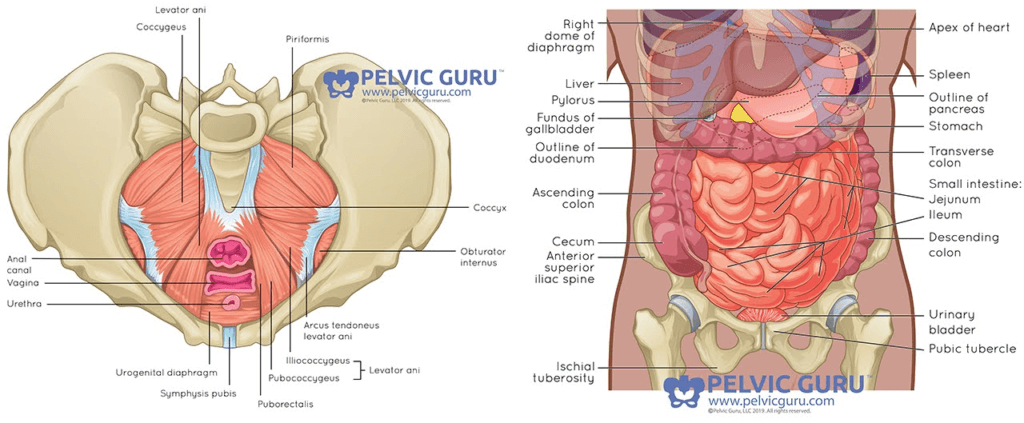
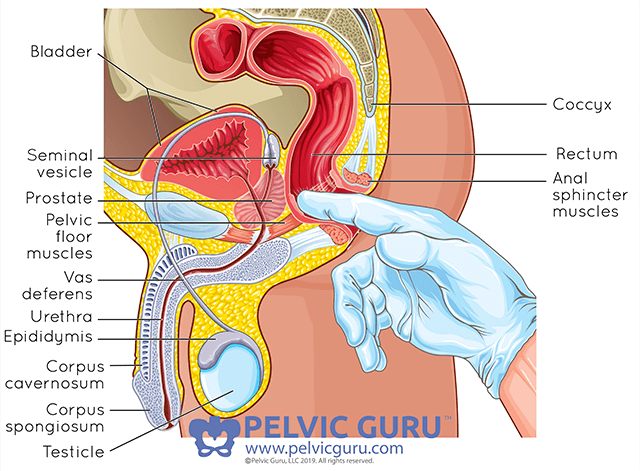
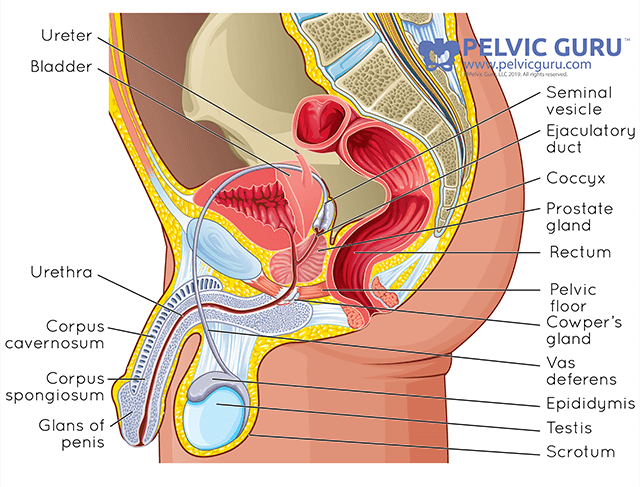
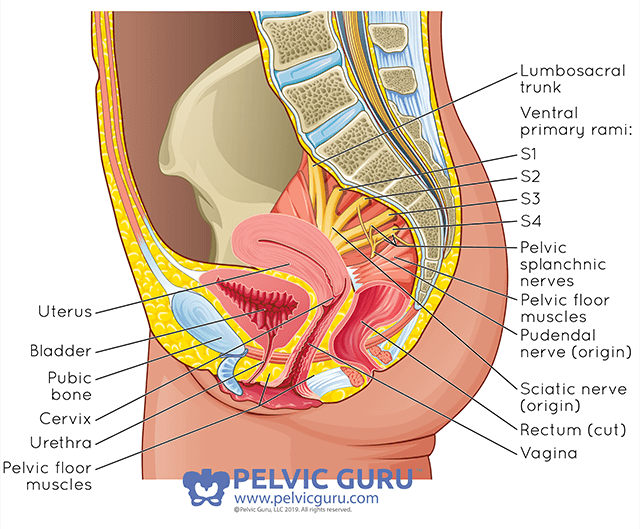






No Comments